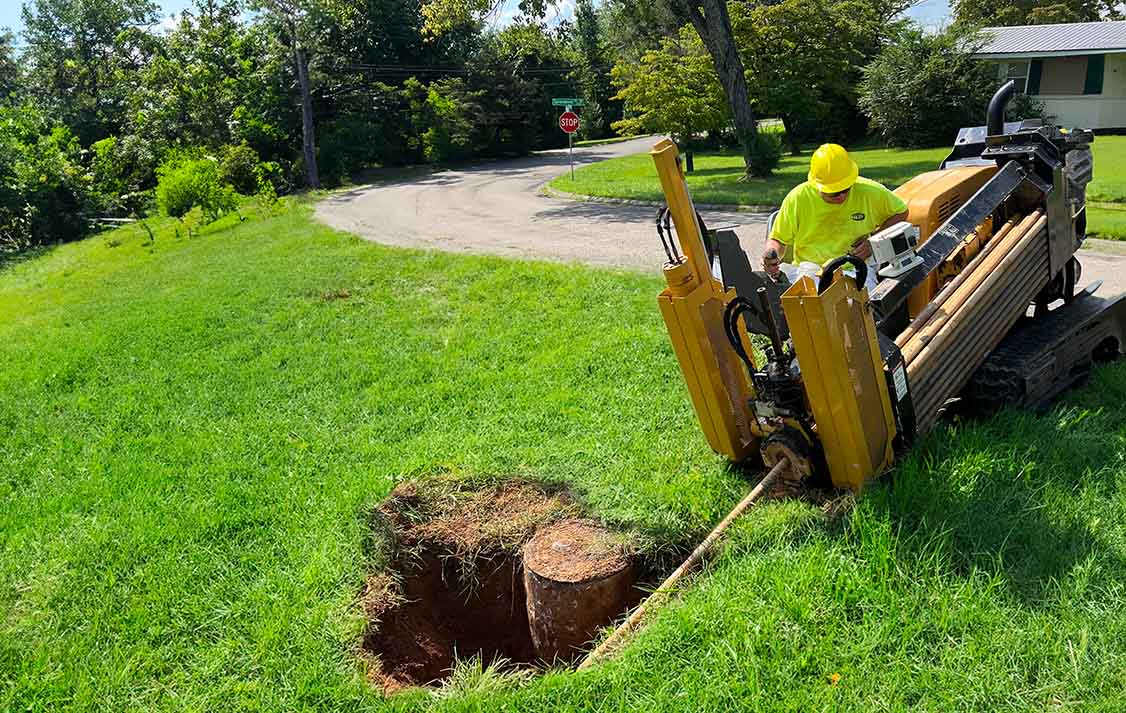

Preventative Maintenance
Your trusted partner for professional home services. Quality workmanship, guaranteed satisfaction.




- HEP
- Preventative Maintenance
Preventative Maintenance | Emergency Plumbing | Plumbing | Sharps Chapel
Life along Norris Lake is too beautiful to spend worrying about hidden leaks or midnight pipe bursts. HEP’s preventative maintenance program in Sharps Chapel keeps your plumbing system tuned up year-round with scheduled inspections, water-pressure checks, drain cleanings, and fixture adjustments—all performed by friendly, licensed technicians who know the unique challenges of lake-area homes. By catching small issues early, we save you money, protect your property, and give you more time to enjoy the shoreline sunsets.
When the unexpected strikes, the same local team is on call for immediate response to emergency plumbing disasters. One number connects you to 24/7 live support, rapid dispatch, and fully stocked service vans ready to handle anything from ruptured water heaters to frozen pipes. With HEP, you get the peace of mind that comes from proactive care—and the confidence that help is minutes away if trouble ever turns urgent.
FAQs
What plumbing components do your preventative maintenance plans in Sharps Chapel cover?
Our plans are comprehensive. During a scheduled visit we inspect and service supply lines, shut-off valves, faucets, toilets, water heaters, garbage disposals, drain and sewer lines, sump or ejector pumps, and any exposed piping under the home or crawl space. We also perform water-pressure tests, temperature-relief valve checks on the water heater, and video inspections of the main sewer line when requested. If you have well or filtration equipment, we include those systems as well.
How often should I schedule preventative maintenance for my home or cabin here in Sharps Chapel?
For most primary residences we recommend a full plumbing tune-up once a year, ideally in late summer or early fall before freezing weather arrives. Seasonal lake-front cabins should be inspected at both the start-up (spring) and shut-down (late fall) stages to catch winterization issues. Homes on private wells or with older piping (galvanized or polybutylene) may benefit from semi-annual checks. We track your property in our database and send reminders so you never miss an appointment.
What constitutes a true plumbing emergency?
Any situation that poses an immediate threat to your property, health, or the public water supply is an emergency. Typical examples include burst or actively leaking pipes, sewage back-ups, overflowing toilets you cannot stop, no running water to the entire house, gas or water heater leaks, and frozen pipes showing signs of splitting. If shutting off the main valve does not halt the problem, give us a call—24/7.
Do you really offer 24/7 emergency response in Sharps Chapel and how fast can you get here?
Yes. We have an on-call licensed plumber stationed in Union County at all times. After you call our emergency line, you will receive a live ETA by text; most Sharps Chapel addresses are reached within 60–90 minutes, even on holidays or in the middle of the night. While we carry most common repair parts on the truck, we also have access to a nearby supply house for after-hours pickups if needed.
Can preventative maintenance actually reduce emergency plumbing costs?
Absolutely. Industry statistics show that planned maintenance can prevent up to 80 % of sudden failures. During annual service we flush water heaters to remove sediment, tighten loose fittings, replace worn toilet flappers, clear slow drains, and spot early corrosion—all tasks that cost far less than emergency calls for ruptured tanks, massive leaks, or mainline clogs. Clients enrolled in our maintenance plan also receive a 15 % discount on any after-hours emergency work, providing further savings.
What should I do while waiting for your emergency plumber to arrive?
1) Shut off the main water valve—usually located where the line enters the house or near the pressure tank. 2) If the leak is at a fixture, close its local shut-off. 3) Turn off the water heater’s fuel source (gas valve to ‘Pilot’ or flip the breaker for electric units). 4) Open the lowest faucet in the house to drain residual water and relieve pressure. 5) Move valuables, furniture, and electronics away from the affected area. 6) For sewage back-ups, keep everyone (including pets) out of contaminated water. 7) Take photos for insurance purposes if safe to do so. Then wait for our technician; do not attempt complex repairs yourself, as that may void warranties or worsen the damage.